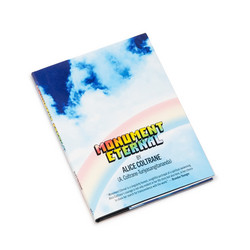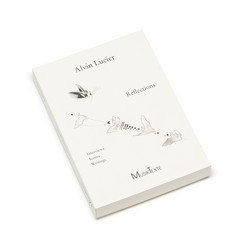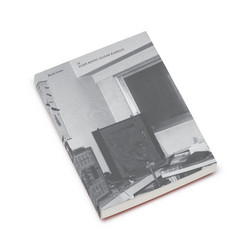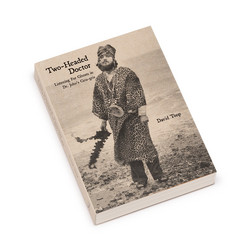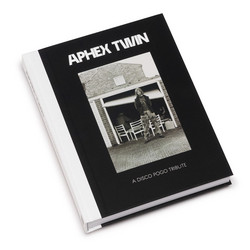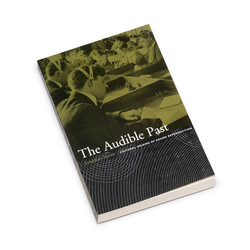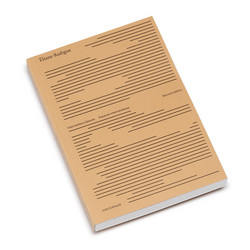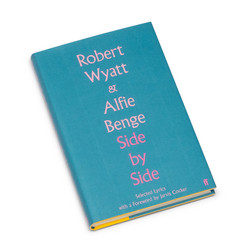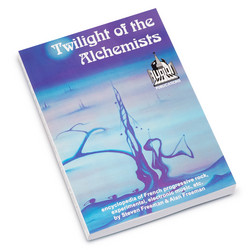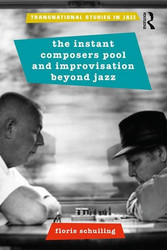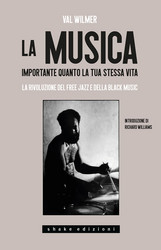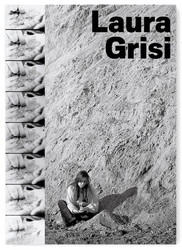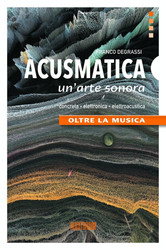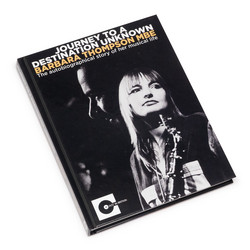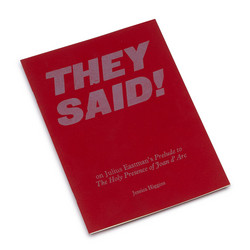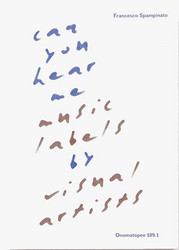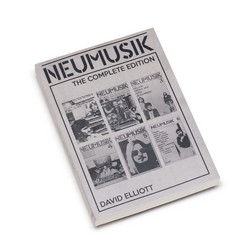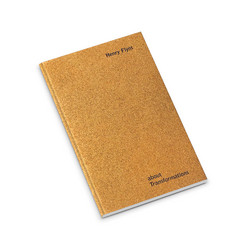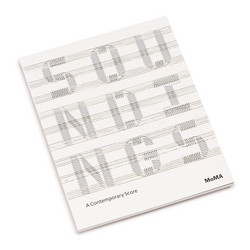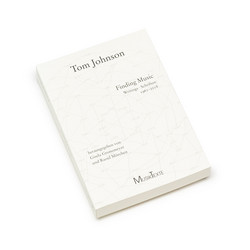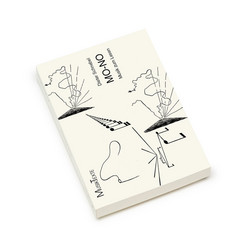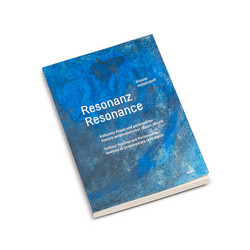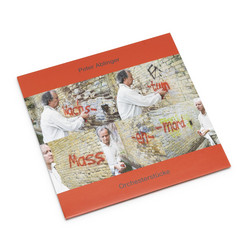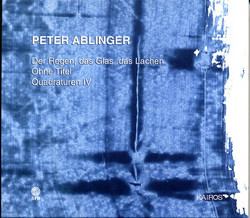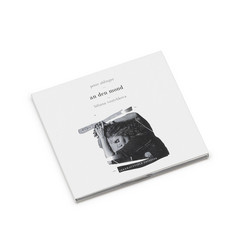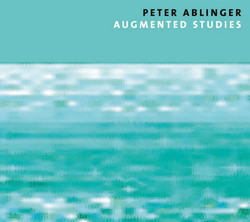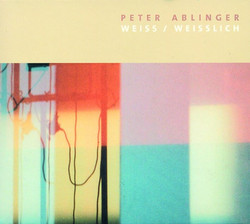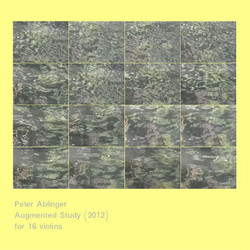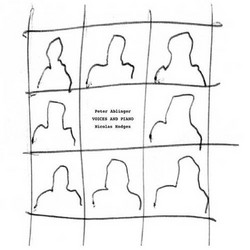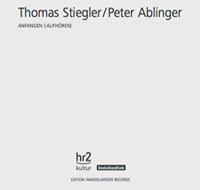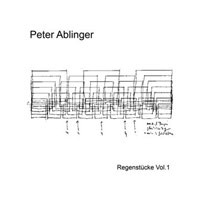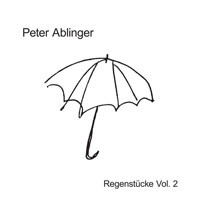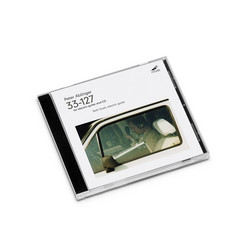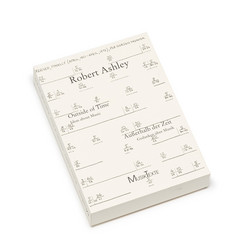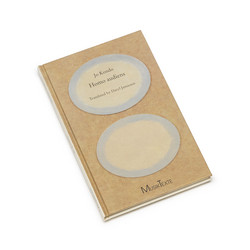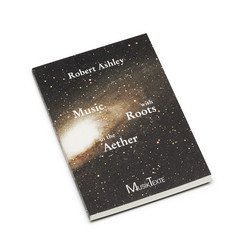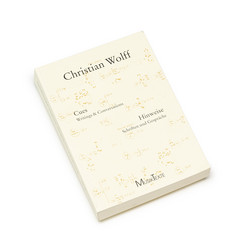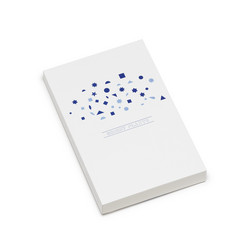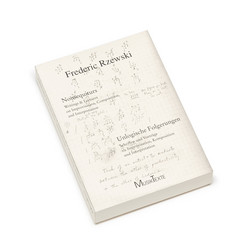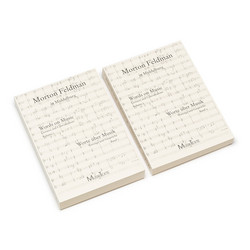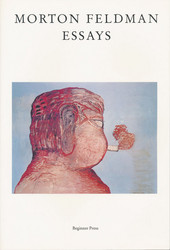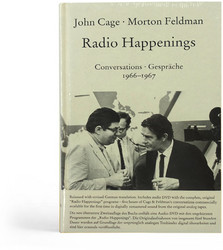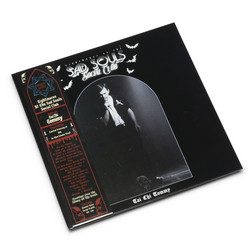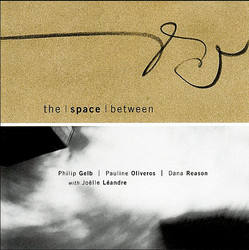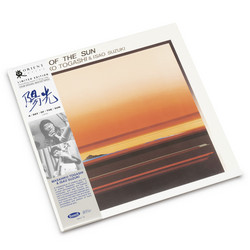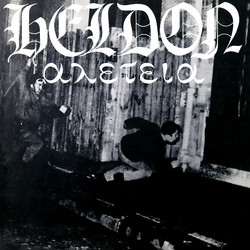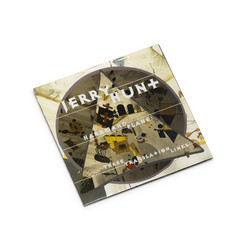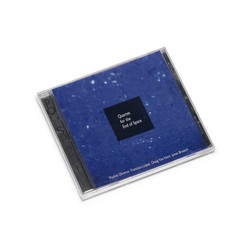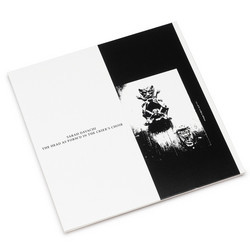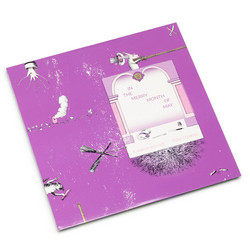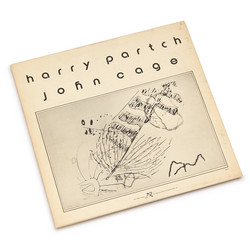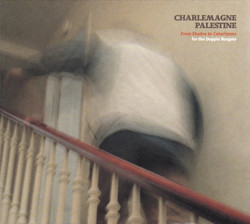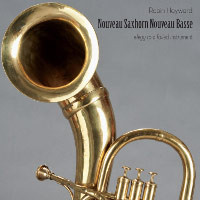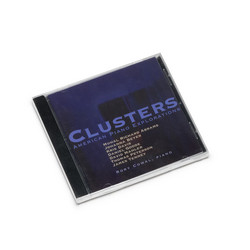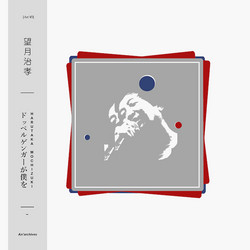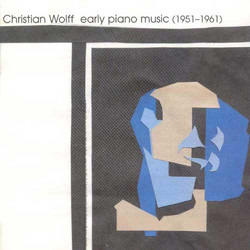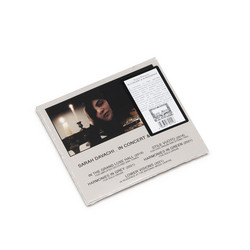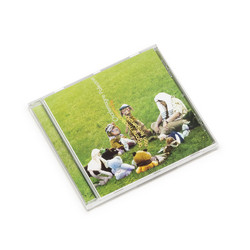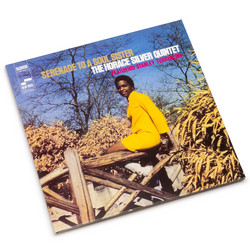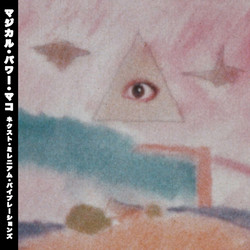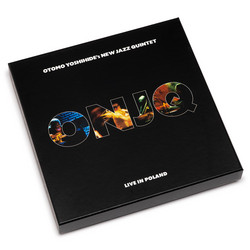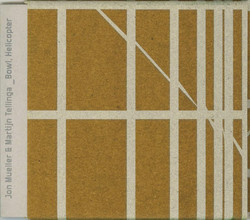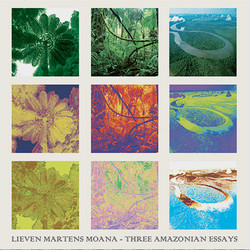Peter Ablinger
Now! : Writings 1982-2021 (Book)
* 320 pages with many drawings, music examples and photographs * Peter Ablinger used to say that he communicated in sound, not words. But his literary legacy is substantial, as this book demonstrates. He is a composer whose work is questioning basic assumptions about music as time-based performance-generated art form. Even though conceptually homogenous, his works are perplexing when observed through the traditional contexts of musical presentation. Most of the clues for their understanding come from the visual art’s presentation and reception habits. Ablinger’s art is raising a point about the necessity of critical reflection on the limitations of music’s traditional contextualizing and presentation forms. His works use simple, irreverent, non-musical ideas to create musical experiences that are mysterious, surprising, and illuminating - he does not think about expanding the concept of music, he reflects on and reacts to music history, creating a theory of perception of sound.
Quoting Jan Nieuwenhuis's words "In his apparent reduction, Ablinger opens up the possibility of a new, perhaps unthinkable world. Ablinger's collected writings form a magnificent opening to that world in which a word stimulates the imagination to an unimaginable music."
It’s not an exaggeration to say that I learned German to read these texts. I was nineteen & the parochialism of music education & public musical life in the US were unbearable. I’d tried transferring from a conservatory into a proper university & all that did was leave me desperate for something beyond the usual poles of music-is-unspeakable-ineffable-only-thinkable-in-its-practice / music-is-just-more-discourse-petrified-social relations … Then along came Peter, and less than a year later I remember jokingly emailing him that I’d be on the lookout for a “Mystiker der Aufklärung” (a “mystic of the enlightenment,” Christian Scheib’s description of Ablinger) when I landed at Tegel airport. That was nineteen years ago. Back then I had no idea about the sheer volume of Peter's writing, as so little of it was in English. At that time, my excitement about his work as something throttling the binary clichés so often still clinging to the sonic was something I could hear in his music (the first Kairos CD—“Der Regen, das Glas, das Lachen”—would have been in my ear at the time). It's funny to write that retrospectively—to think back on Ablinger’s nineties work and what all was implicit in it, especially as it seems his recent work is cycling into a place that resonates strongly with the older work’s material intelligence. Over the years the vocabulary changes, the accents and emphases and degrees of literalism & didacticism change, but the thought of a situated, or positional, listening (maybe the first and most lastingly relevant insight I gleaned from Ablinger’s writing) remains constant. “Situated” listening is not to be confused with something like “subjective” listening in a colloquial sense; rather, it's that listening is something done by a subject—a particular subject; that is, from a position defined not only by its physiological specificity, but also by its personal and historical specificity—its raced, sexed, classed particularity. Not only is no sound innocent (music is still taking in that thought …), neither is any given listening.
That, anyway, would be my current gloss on a train of thought dating back to my feverish early translation (just for myself, just to read it) of Peter’s ancient waterfall text: “And yet what we perceive is not this Everything. What we hear is not really that Noise. We make a selection. We do what Debussy has said: I start with all the notes, keep out the ones I don't like, and let in the ones I do. This selection is our being.” In that sense, I used to imagine Peter as a kind of continuation of the prematurely aborted American post-Cage moment—that his insistent underlining and gesturing toward the listening subject made him a cousin of, for example, Maryanne Amacher and her equally insistent emphasis on articulating her work as “WAYS OF LISTENING.” I likewise imagined Peter’s place, his passing, in academic new music as a kind of Trojan horse. But now, re-reading his texts in Meaghan’s translation (an uncanny experience!) it’s not that I don’t think this remains true, but just that it’s a lot more complex. It’s not a matter of resolving, sublating, or even deconstructing oppositions (whether between Europe and America, Experimental & Traditional, Theoretical, and Poetic), it’s a matter of working-through (durcharbeiten)—of paying attention—of, as he's already so succinctly put it for us: listening to listening. As well-known as Peter’s music has become, I’m excited by the prospect of this volume making us all listen again. I’m excited by the prospect of its both throwing us back on our own listening projections (Nope, it was never just more Neue Musik; Nope, it was never just more “Sound Art”), and of its offering us a mode of listening characterized by the inexhaustible intersection of our own irreducibly complex situated listenings, his, and of the likewise irreducibly complex situated materiality of the sonic. This publication is an invitation to join him in the space of a practice in which the distinctions between thinking, feeling, writing, composing, and listening become all but irrelevant—in which a ‘work’ becomes just one mode of expression in a complex of oscillatory sensation. At a moment when the raisons d’être of both ‘Art’ and ‘Theory’ seem to be buckling in the face of the present, the degree to which Ablinger’s project exceeds and yet stays with the remnants of both makes it all the more urgent. Bill Dietz
